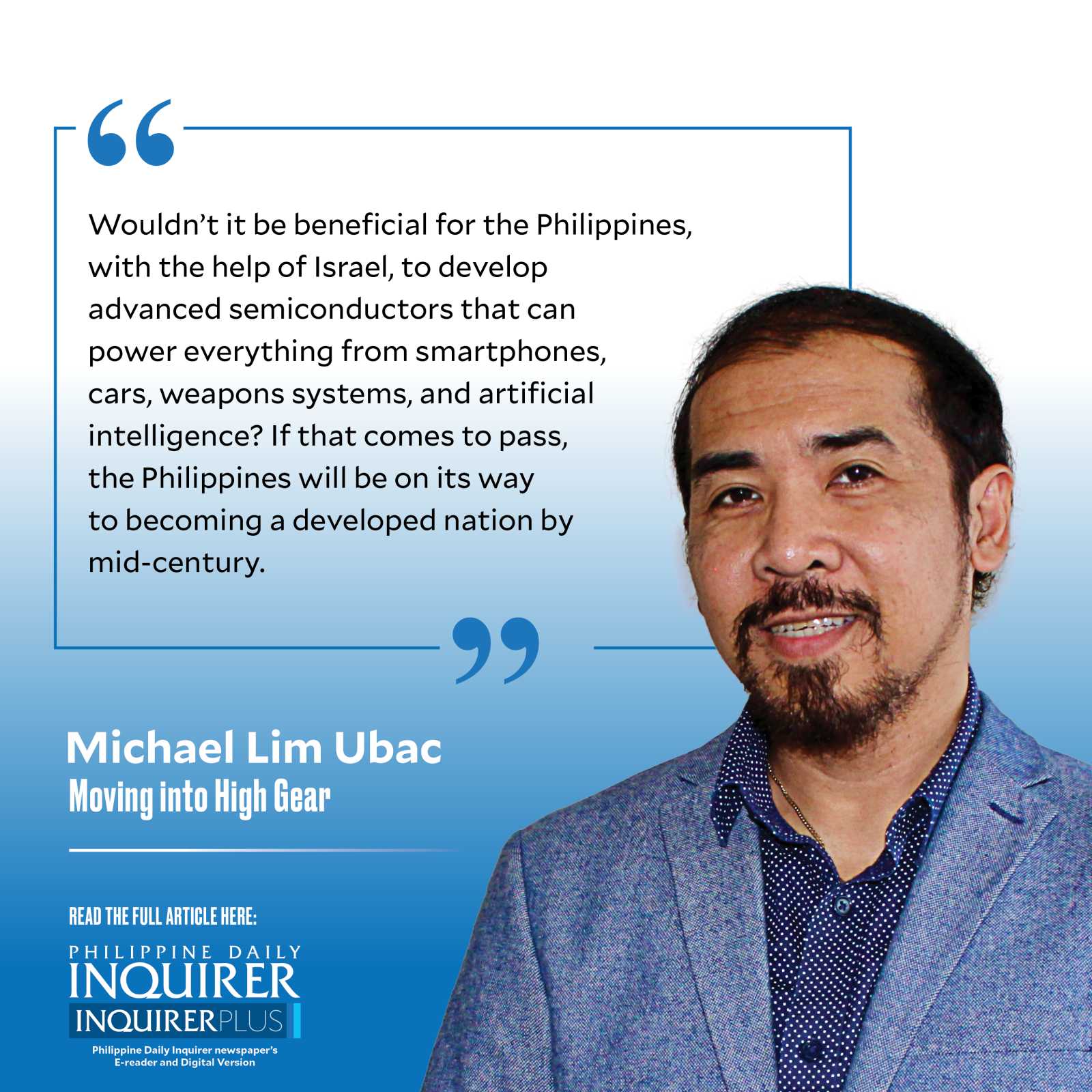
Tourists and Christian pilgrims, including Filipinos, are flocking to Israel during this season of Lent.
The raging war against Hamas has not prevented Israel from declaring all areas safe, except for those near Gaza and Lebanon. Guided tours are back in operation in Tel Aviv, Jerusalem, Masada, and the Dead Sea in time for the observance of the Holy Week.
The Philippines has a special connection to the Holy Land, where some 24,800 Filipino migrants work. Despite the uncertainty caused by Hamas’ unprecedented terrorist attack on Israel on Oct. 7, 2023, Filipino workers have made the decision to stay and continue their work, particularly as caregivers. A humanitarian crisis in Gaza has resulted from the raging war.
Israel is associated with three Abrahamic religions—Judaism, Christianity, and Islam. Their historical coexistence particularly intersects at Jerusalem, which serves as the spiritual center for Jews and Christians, while Muslims revere Al-Aqsa Mosque and the Dome of the Rock, both built on Jerusalem’s Temple Mount, as holy sites.
“House of One God.” Eternal yet ever-changing, the ancient city has mystified its pilgrims, visitors, residents, and even conquerors for millennia.
“Jerusalem is the house of the one God, the capital of two peoples, the temple of three religions and she is the only city to exist twice—in heaven and on earth,” writes historian Simon Sebag Montefiore (2011) in “Jerusalem: The Biography.” He says that a pilgrim to Jerusalem “arrives with a vision of the authentic Jerusalem and then is bitterly disappointed by what they find.”
Having visited Israel twice, I saw firsthand the many sacred sites that dot its landscape. “That’s why it’s called the Holy Land,” our tour guide quipped.
The city’s history is reflected in its historical artifacts and religious symbols, which mirror the political and religious upheavals seen in the other global capitals. Through the ages, and despite its endless upheavals, Jerusalem has been a city of peace. It has observed religious tolerance, with Muslims, Jews, and Christians worshiping the God of Abraham, regardless of their different conceptions of the one true God.
Since 638 CE, when Jerusalem fell to the Muslim Arabs led by Omar, the Jews and Christians have either established residence or made pilgrimages to their sacred sites. The peculiar but welcome arrangement continued well into Saladin’s rule and the succeeding periods of Mamelukes and Ottoman Turks, with Suleiman the Magnificent being the most famous of the benevolent Ottoman rulers who enforced religious tolerance in Jerusalem.
The Via Dolorosa, the path the Lord Jesus Christ walked to his crucifixion, is a must-do for Christian pilgrims during Holy Week. It’s interesting that the route starts from the Muslim quarter and ends up at the Church of the Holy Sepulchre.
Leveraging bilateral relations. Relations between Israel and the Philippines date back to 1947, when the Philippines was one of the 33 countries that voted in favor of the establishment of an independent Jewish state. The fact that it was the only Asian nation to do so is partly why Filipinos do not need to obtain a visa when traveling to Israel. President Manuel Quezon also did a commendable job in welcoming Jews who escaped the persecution of Adolf Hitler during the Holocaust.
Might not the Philippines use these special bilateral ties to help bring peace to this troubled land?
The recent success of the government’s peace process with the Bangsamoro, with the support of the powerful Organization of Islamic Cooperation, is a good starting point. The Moro rebellion, which lasted for almost half a century and caused 150,000 deaths, has certainly taught the country a lot. Is it time for the Philippines to start involving itself more in peace-building efforts in global hotspot areas, starting with Israel?
The employment of Filipinos in Israel has room for improvement, especially when considering the number of overseas Filipino workers deployed to other countries such as Saudi Arabia (1.1 million) and Hong Kong (201,104).
The Philippines should leverage its connection with Israel to secure high-value jobs for Filipino professionals, such as those in the technology industry, which Israel is known for. Israel is a world leader in innovation, with 6,000 active startups, the most engineers per capita, and a technological ecosystem that has drawn in large multinational companies.
While there are significant bilateral agreements between the two nations, wouldn’t it be beneficial for the Philippines, with the help of Israel, to develop advanced semiconductors that can power everything from smartphones, cars, weapons systems, and artificial intelligence? If that comes to pass, the Philippines will be on its way to becoming a developed nation by mid-century.
—————-
For comments: lim.mike04@gmail.com;
@umichaell

